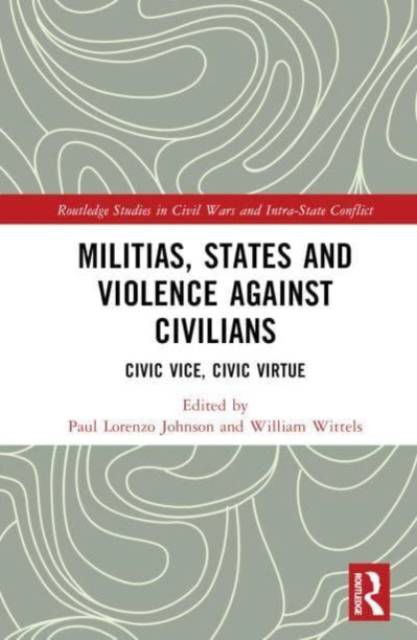
- Retrait gratuit dans votre magasin Club
- 7.000.000 titres dans notre catalogue
- Payer en toute sécurité
- Toujours un magasin près de chez vous
- Retrait gratuit dans votre magasin Club
- 7.000.0000 titres dans notre catalogue
- Payer en toute sécurité
- Toujours un magasin près de chez vous
Militias, States and Violence Against Civilians
Civic Vice, Civic Virtue
Description
This book examines the conditions under which the presence and use of militias result in an increase or a decrease in violence against civilians in intra-state conflicts.
Showcasing the breadth and diversity of modern militias in the context of violence against civilians, the volume addresses the predation and repression that many such groups are infamous for, as well as increasingly important efforts by other militias at civilian protection in war-torn settings. The chapters examine militias from around the world, drawing on both qualitative and quantitative methods as they cover groups as varied as gangs, death squads, grassroots community-defense groups, official state militias, and party-sponsored armies - groups on the "civic vice" side, the "civic virtue" side, and the wide and mixed in-between space where most cases fall.
Taken as a cohesive unit, the work lays the foundation for an encompassing theory and interrogation of the causal chain between militia type and operating context and the levels of violence against civilians. It provides path-breaking theory-building and empirical scholarship. Policymakers and national security practitioners dealing with issues relating to armed groups will also benefit from the practical issues covered here, such as how different forms of sponsorship and training affect militia behavior.
This book will be of interest to students of civil wars, political violence, counterinsurgency, civil-military relations, and security studies in general.
Spécifications
Parties prenantes
- Editeur:
Contenu
- Nombre de pages :
- 196
- Langue:
- Anglais
- Collection :
Caractéristiques
- EAN:
- 9781032122816
- Date de parution :
- 21-04-23
- Format:
- Livre relié
- Format numérique:
- Genaaid
- Dimensions :
- 156 mm x 234 mm
- Poids :
- 467 g

Les avis
Nous publions uniquement les avis qui respectent les conditions requises. Consultez nos conditions pour les avis.





